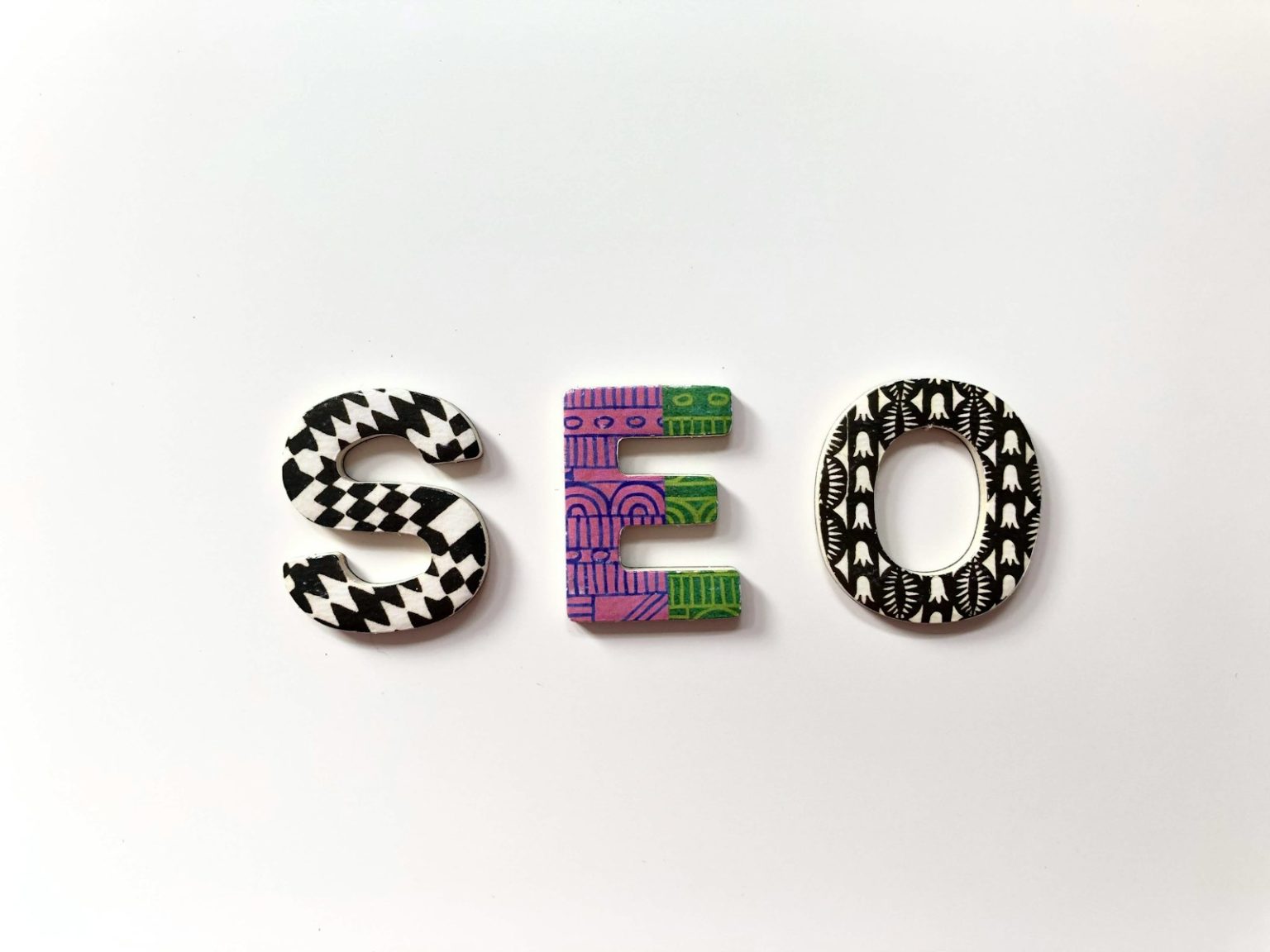A Rapidly Changing Landscape
Search engine algorithms, audience behaviours, and digital publishing trends are evolving so quickly that what worked yesterday may be ineffective today. This transformation has made SEO in 2025 more unpredictable than ever, with publishers struggling to adapt to new challenges.
Speaking at the Emerging Tech Network event, Carly Steven, Global Head of SEO at MailOnline, highlighted the unprecedented volatility in online publishing. With artificial intelligence, chatbots, and new search engine features shaping how people find and consume news, traditional SEO tactics—such as headline optimisation and strategic linking are rapidly losing relevance.
As AI-powered search tools summarise content directly within search results, users no longer need to click through to read full articles. This shift is forcing publishers to rethink how they generate revenue and engage audiences, moving beyond algorithms to focus on real, high-quality content that delivers genuine value.
SEO Disruptions and Google’s Crackdown on Spam
One of the biggest blows to publishers has been Google’s stricter spam policies. According to Steven, these updates have dramatically impacted how news organisations rank in search results and drive traffic. Techniques that once ensured visibility, such as keyword placement and internal linking strategies, are no longer as effective.
However, Steven sees this as an opportunity for publishers to be brutally honest about what constitutes high-quality content. Instead of tailoring articles for search engines, the focus must now shift to producing content that truly resonates with audiences a change that could ultimately benefit reader engagement and trust.
A New Approach to Audience Engagement
Rather than relying solely on Google traffic, news publishers are redefining their approach to content creation and distribution. The focus is shifting from maximising website clicks to building deeper connections with readers.
AI-powered search overviews are too unpredictable to serve as a reliable traffic source, making it difficult for publishers to build SEO strategies around them. While there are indications that AI-generated summaries may still drive some traffic, the numbers are not yet substantial enough to justify long-term reliance.
Community Engagement as a Key Strategy
At the event, Thomas Mackie, Head of SEO at The Sun, reflected on how publishers have failed to capture and retain their audience in the past. He admitted that while The Sun once drove billions of clicks, the team did not prioritise community engagement or long-term audience retention.
With Google-driven traffic now in decline, news publishers must diversify their revenue streams and rethink their editorial strategies. Instead of simply publishing news articles, they are developing immersive reader experiences, such as:
- Exclusive racing content
- Betting tips and analysis
- Interactive community platforms
By offering specialised, high-value content, publishers encourage loyalty and give readers a reason to return—reducing their reliance on search engines for traffic.
Build or Buy? The Technology Dilemma
One of the biggest challenges facing media companies is deciding whether to build their own digital tools or purchase third-party solutions.
Steven pointed out that technology is evolving at such a rapid pace that by the time a custom-built SEO or analytics tool is completed, it could already be obsolete. Many publishers are now outsourcing technology solutions instead of developing their own, allowing them to remain flexible in an ever-changing digital landscape.
Collaboration Over Competition
In a surprising shift, news organisations that once competed fiercely for traffic and ad revenue are now collaborating to tackle industry-wide challenges.
One example of this new approach is the “Make It Fair” campaign, where publishers work together to demand fairer policies from tech giants like Google and AI developers. By sharing insights and best practices, media companies are strengthening their position against disruptive changes in search engine algorithms.
Value Over Volume: The Future of Digital Publishing
As click-driven SEO tactics fade, the focus is shifting towards quality over quantity. Publishers are realising that their success depends on delivering meaningful content, rather than flooding the internet with high volumes of articles.
For readers who appreciate in-depth journalism, this could be a positive change. News organisations are increasingly prioritising investigative reports, expert analysis, and well-researched pieces—offering readers a more valuable and insightful experience.
Steven summed up the situation by stating that, in today’s digital media environment, simply maintaining an audience is a major achievement. The publishers who thrive will be those who embrace change, innovate, and focus on content that genuinely matters.
